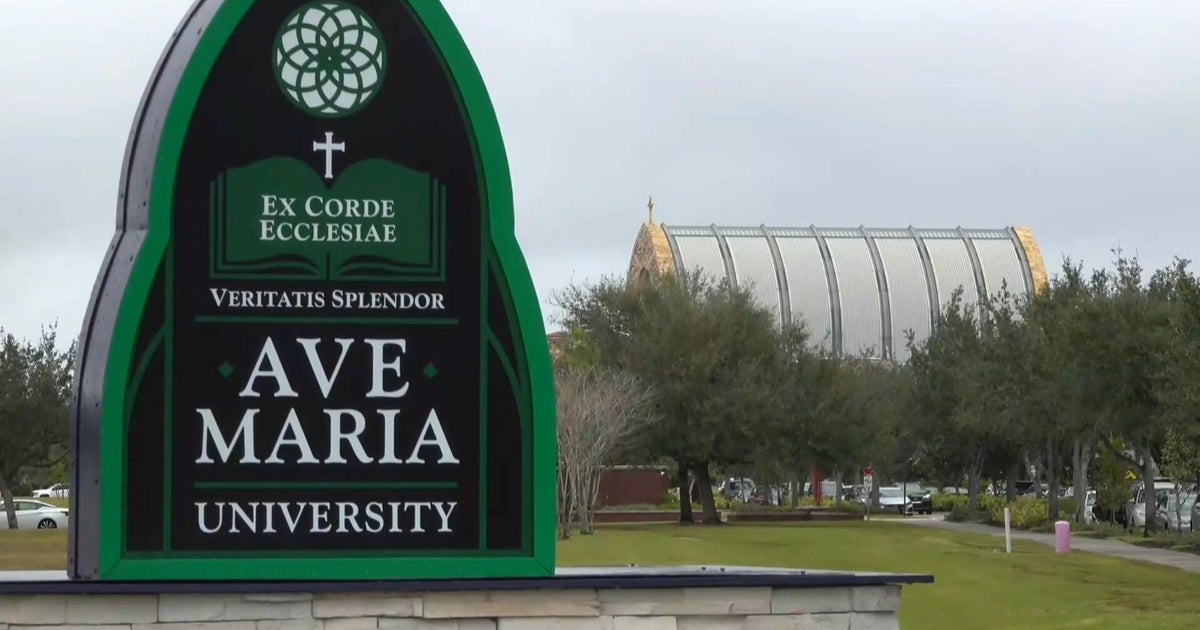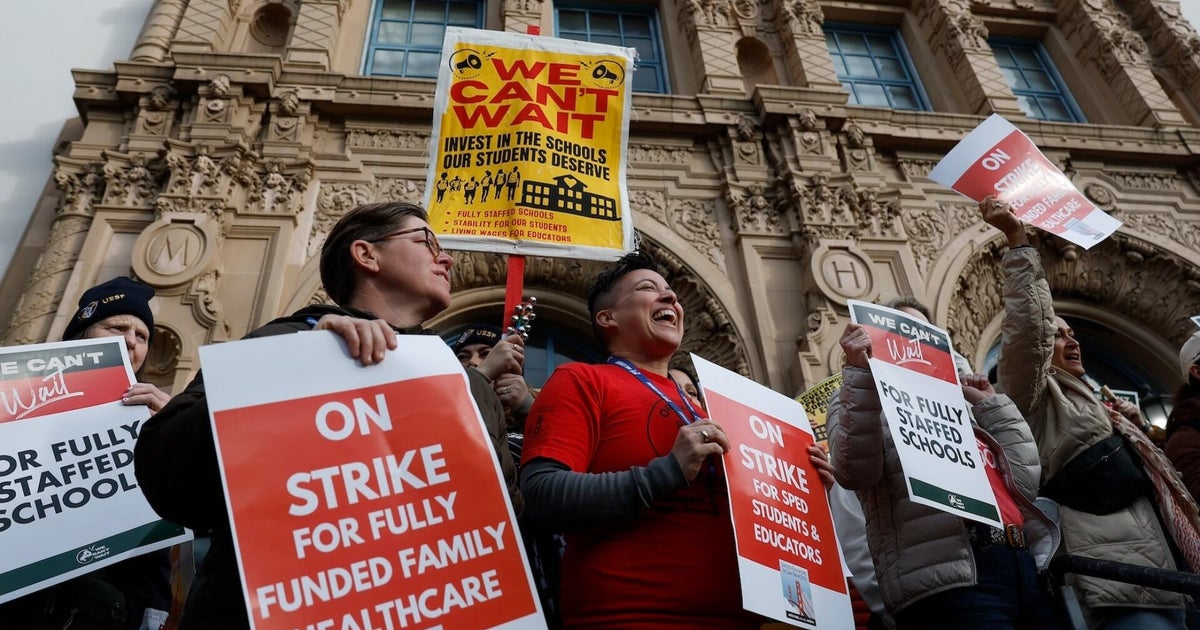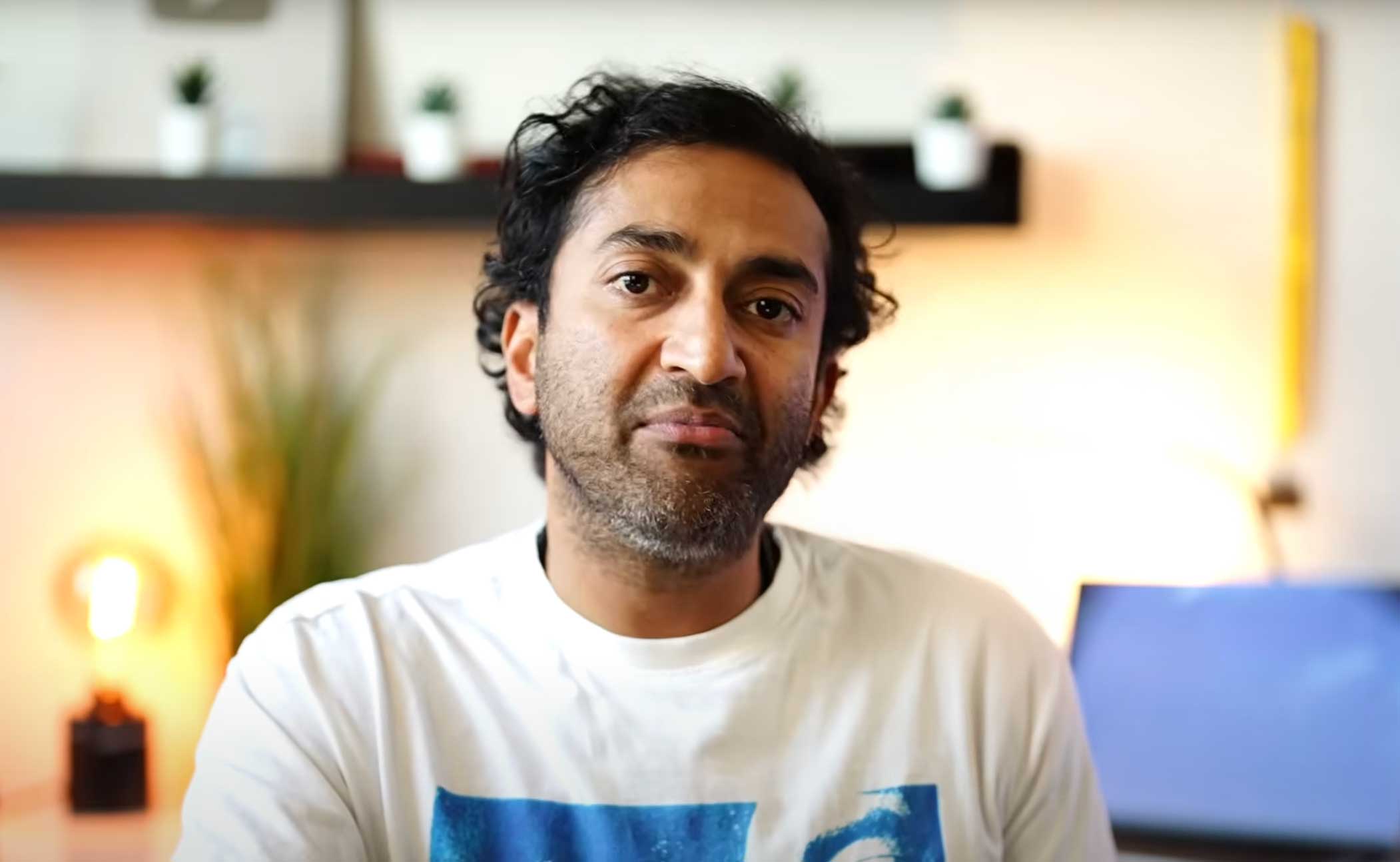Why Navajo Nation could be the first in the U.S. to achieve herd immunity
First Lady Jill Biden visited the Navajo Nation on Friday. The territory is leading the nation in vaccination rates and could be the first in the United States to achieve herd immunity.
The journey to reach herd immunity on the Navajo Nation hasn't always been a smooth one. The largest Native American reservation had one of the country's highest per capita COVID-19 death rates last year. More than 1,200 of its people died of coronavirus complications.
The White House announced last week it will spend more than $4 billion to combat COVID-19 in Native American communities — including $600 million for vaccinations.
Nurse Lyle Lee drove nearly an hour to give 72-year-old Jonah Johnson the first dose of his COVID-19 vaccine. Johnson was willing to take the vaccine but refused to leave his rural home.
"It's very important to you know, for us to do these types of visits, you know, and just respecting their choice," Lee told CBS News' Mireya Villarreal.
McKinley County, New Mexico borders the Navajo Nation and is made up of more than 70% Native Americans. In September of 2020, this county ranked first in the state and sixth nationally for COVID-19 deaths per capita.
"At first, we didn't really have our guard up, but once it hit within our family, that's when reality hit," Jamie Barboan said.
Reality struck quickly for the Barboan family. Her mother, Yvonne Tolth, got COVID-19.
"One of my sons, um, he passed. He spent a month and a half in the hospital, and he fought it, but didn't come home," Tolth said.
"How hard was that for you, Yvonne?" Villarreal asked.
"Hard. I would get mad and just cried a lot, and my daughter just stood by me and my other kids," she cried.
The high death toll led tribe officials to spread the word about the importance of vaccines. Navajo Nation President Jonathan Nez was one of the first to get his shot, posting pictures on social media. He also hosts weekly town halls to help educate the nearly 300 thousand members.
"Any outside entity, I think, of all people of color, there's some distrust with the federal government. And so I think when we started the discussions about getting the vaccines, you know, we were out there daily, almost just getting the information to our Navajo citizens," Nez said.
It wasn't just providing that information. The moment they got access to vaccines, leaders split their efforts between mass vaccination sites, and meeting people out in their own communities.
"We've had a rough time in COVID, but we fought very hard and we have succeeded to fight back COVID," said Dr. Loretta Christensen, the tribe's chief medical officer.
She said that their efforts have led to more than 70% of Navajo Nation receiving their first dose.
"I think that we are either at herd immunity or very, very close," Christensen said.
Most of Barboan's family has been vaccinated with the hope of preventing future heartache.
"What my mom has went through and what I've seen. I don't want to go through that," Barboan said. "It's all about safety and family. That's why I feel one hundred percent confident and happy and safe that the vaccine is here."



